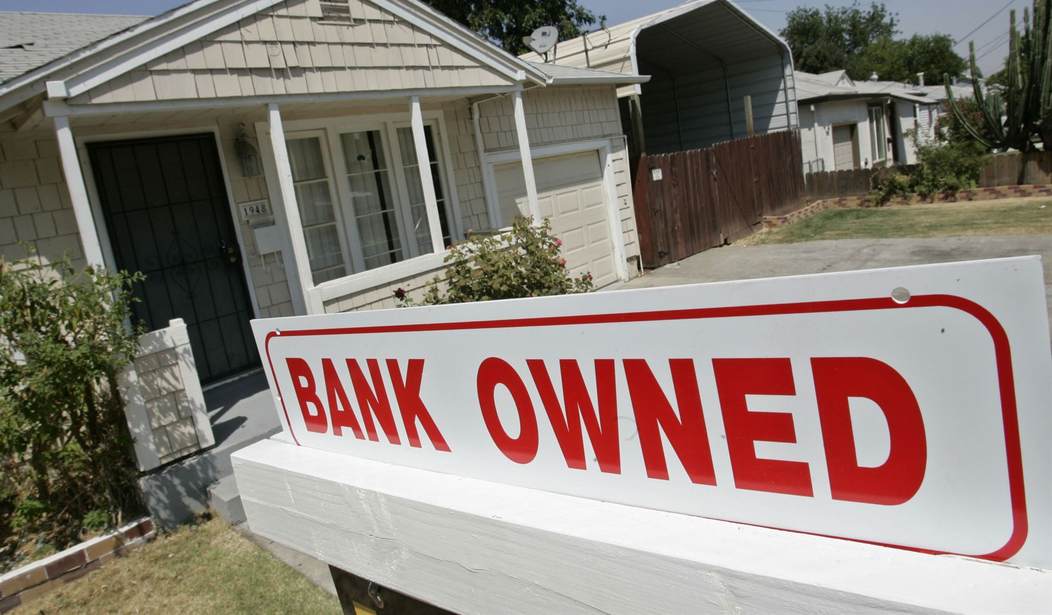The federal government just passed a $1.9 trillion aid package designed to help American families and businesses recover from the economic devastation of the last year. Checks for $1,400 are on their way to most Americans, if they have not yet already received them. Setting aside the dubious efficacy of the bill, the principle is crystal clear: to spur on the economy, money is better left in the hands of the American people than the federal government. But, not more than a week after “giving” people money, the Biden administration wants to take it away with tax increases. The White House announced it would pursue a series of tax hikes set to be the most ambitious in decades. Whatever stimulus and recovery might have been gained by the coronavirus aid package, it will be swiftly wiped out by tax hikes and foolish government central planning.
Among the most odious provisions included in the Biden tax hike plan is an increase and expansion of the estate tax – often referred to as the “death tax.” The estate tax is levied on assets gained through an inheritance after a friend or relative has died – hence the tax’s alternate moniker. The modern estate tax took effect in 1916. It was briefly repealed in 2010 before returning the very next year.
If the White House tax plan is put into effect, the estate tax will impact more Americans, hurt small businesses, and be a steep price to pay for just merely dying. Currently, only people inheriting more than $11.7 million worth of assets are subject to the tax. That inheritance is now taxed at a rate of 40 percent. Under the Biden plan, the exemption amount would drop from $11.7 million all the way down to $3.5 million. Beyond that, the effective rate of taxation would be increased from 40 to 45 percent. There are some, however, like Sen. Bernie Sanders (I-Vt.) who want to raise the rate to as high as 77 percent. Currently, the U.S. has the fourth highest estate tax in OECD countries behind Japan (55 percent), South Korea (50 percent), and France (45 percent).
Some observers note that $3.5 million is still quite a large sum of money and that anyone who inherits that amount will be able to go to bed happy, the estate tax notwithstanding. However, this characterization is misleading for a number of reasons. The estate tax deals with overall assets, not just cash sums. This includes the value of land or property inheritance as well as any business asset. These assets may not necessarily have high liquidity, yet its inheritors will be liable for almost half of it nonetheless.
Recommended
It is for this reason that the estate tax especially impacts small businesses and small farms. The value of land, especially in rural parts of the country, is rising and outpacing inflation. Farmers and small business owners who are asset rich, but cash poor will still find themselves on the hook for a massive tax burden. In order to cover the costs many small farmers and businesses will sell off their land and their assets to accrue the cash needed. In the blink of an eye, an inheritance that seemed like a blessing can turn into a curse and a promising enterprise is decimated before the inheritor can even begin to operate the business. What will inevitably happen is that the business will be sold to pay for the taxes.
The supreme injustice of it all is that these entities have already paid income, capital gains, and corporate taxes over the course of the lifetime of the previous owner. And, they will be expected to continue to do so under new ownership. The value of the company or farm did not change in the meantime. However, once there is a death and it is passed on to a new owner, the government comes looking to collect almost half of that worth. It is plainly and simply a punishment imposed by the government for dying. The estate tax has earned its “death tax” nickname.
If the administration wants to follow up its efforts to stimulate the economy, it should consider a repeal of the death tax. A 2017 study by the Tax Foundation showed that the U.S. economy would add 150,000 jobs upon its elimination. It would increase investment and incentivize businesses to make the U.S. their home, instead of worrying about a tragedy being exploited by politicians to boost revenue.
Tax hikes are always a bad idea, but they are especially so during a global crisis. The death tax perhaps tops them all. Expanding and increasing it at a time when so many are struggling would be a massive self-inflicted wound. Policymakers in both parties should vociferously oppose such a proposal whenever it rears its ugly head.

























Join the conversation as a VIP Member